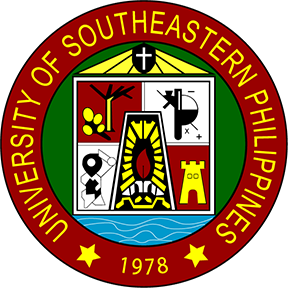The course allows graduate students to deepen their understanding of the theoretical/empirical issues and contemporary language-related issues in psycholinguistics (language and cognition). It aims to provide students with a comprehensive understanding of how language is processed and acquired within diverse cultural and linguistic contexts, focusing on language and cognition among the tri-people in Mindanao. It helps them enhance their critical and analytical skills needed for research undertaking relevant to the course. It is anchored on the following teaching-learning approaches: project-based, gamification, simulation, scenario-building, and experiential learning. The graduate students work on research-based paper from the start of the class and complete it before the semester ends. They will be actively involved in the project and experience preparing every phase of it while collaborating with other students.
The course advances students’ analytical thinking skills as they apply the appropriate literary approach into analyzing Western Literature, also known as the literatures in the languages of the Indo- European family, namely Greek, Latin, Germanic, Baltic and Slavic, Celtic, and Romance. In this course, students will produce a written analysis of representative Western literature from the Ancient times to the 20th century.
